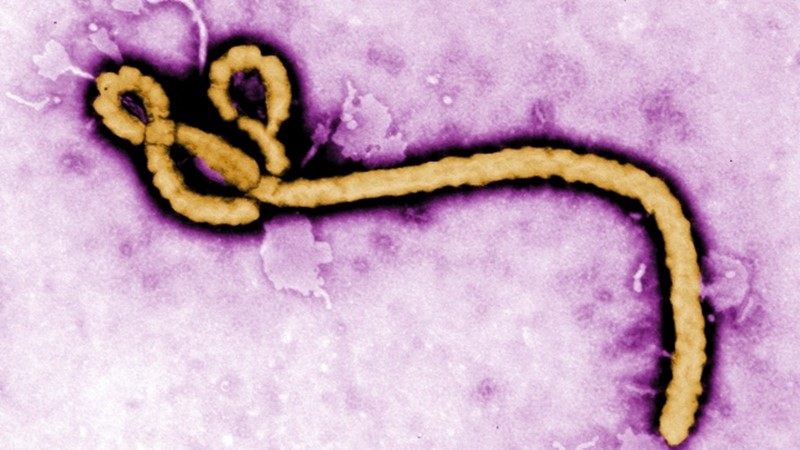
VIRGINIA, United States: - Amid warnings from the World Health Organisation (WHO) that there could be up to 10,000 new cases of Ebola per week within 60 days, a leading US scientist has said that the deadly virus could be mutating to become more contagious.
The disease has already killed over 4,000 people and infected thousands more, mostly in Guinea, Sierra Leone and Liberia, where the epidemic is said to be spiralling out of control.
Outside Africa, three nurses, one in Madrid, Spain, and two in Dallas, Texas, caught the virus while treating Ebola patients, despite wearing protective suits in carefully controlled environments.
Now, respected US scientist Peter Jahrling, who heads the National Institute of Allergy and Infectious Diseases where he runs the emerging viral pathogens section, believes the raging Ebola outbreak may be caused by an infection that spreads more easily than it did before.
Dr Jahrling, has dedicated his career to studying some of the world’s most dangerous viruses. He studied Lassa haemorrhagic fever while hunting for Ebola’s viral cousin in Liberia 25 years ago, going on to help discover Reston, a new Ebola strain, in his Virginia laboratory.
Jahrling has been watching the current Ebola epidemic intently, and is concerned that the mutations of the virus that are circulating now appear to be more contagious than the ones that have showed up previously.
He indicated that when his team ran tests on patients in Liberia, they seemed to carry a much higher “viral load.” In other words, today’s Ebola victims appeared to have higher concentrations of the virus in their blood, which could make them more contagious.
“We are using tests now that weren’t using in the past, but there seems to be a belief that the virus load is higher in these patients than what we have seen before. If true, that’s a very different bug,” he told Vox.com.
“I have a field team in Monrovia. They are running [tests]. They are telling me that viral loads are coming up very quickly and really high, higher than they are used to seeing.
“It turns out that in limited studies with the evacuated patients, they continued to express virus in blood and semen. What does that mean? Right now, we just don’t know.”
Dr Jahrling’s concerns come against the backdrop of urgent calls for the international community to step up their efforts to combat the Ebola epidemic at its source in West Africa.
On Friday, the World Health Organisation admitted it had botched its efforts to halt the outbreak of the virus in Africa in a timely manner, blaming the failure on incompetent staff and inadequate information.


